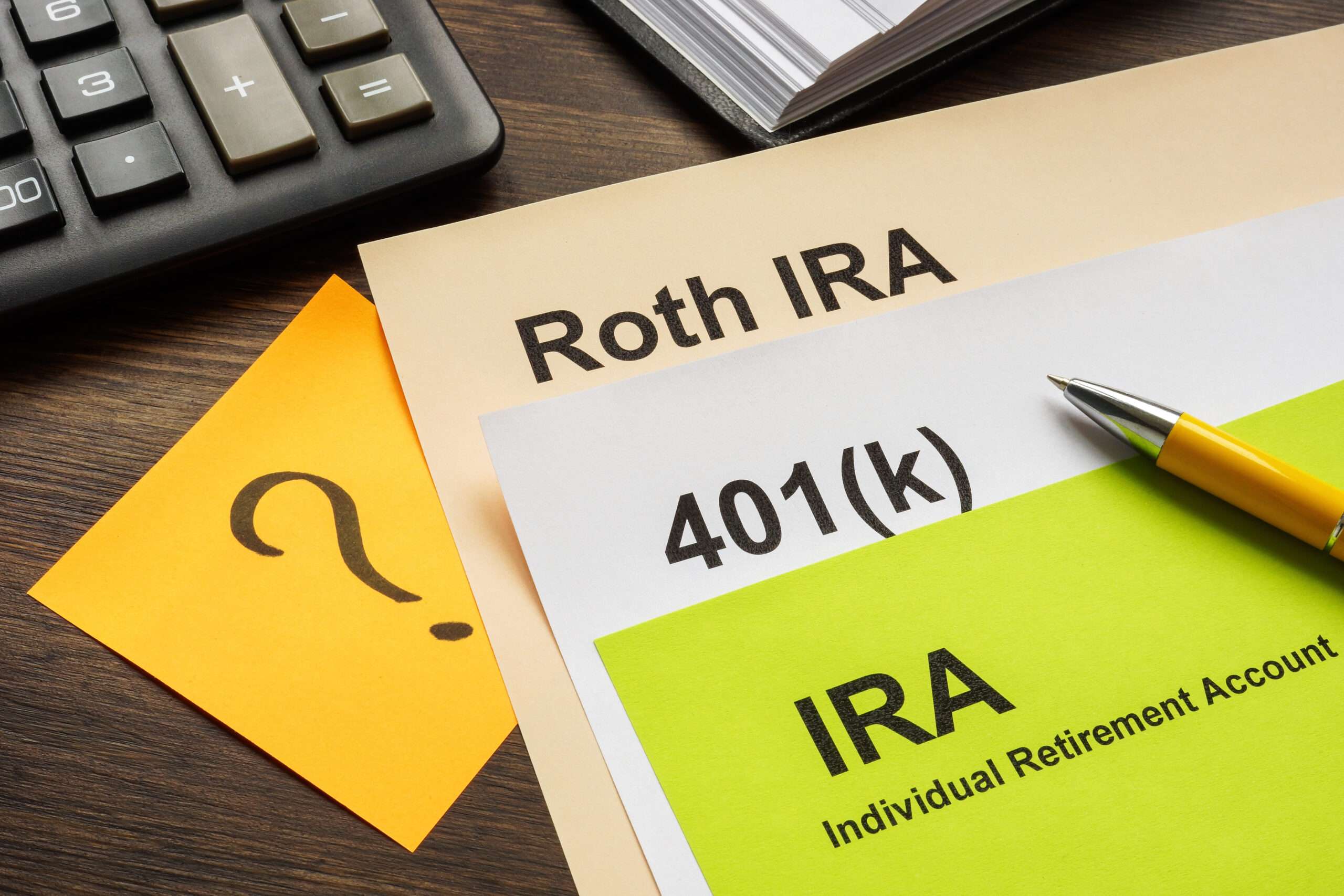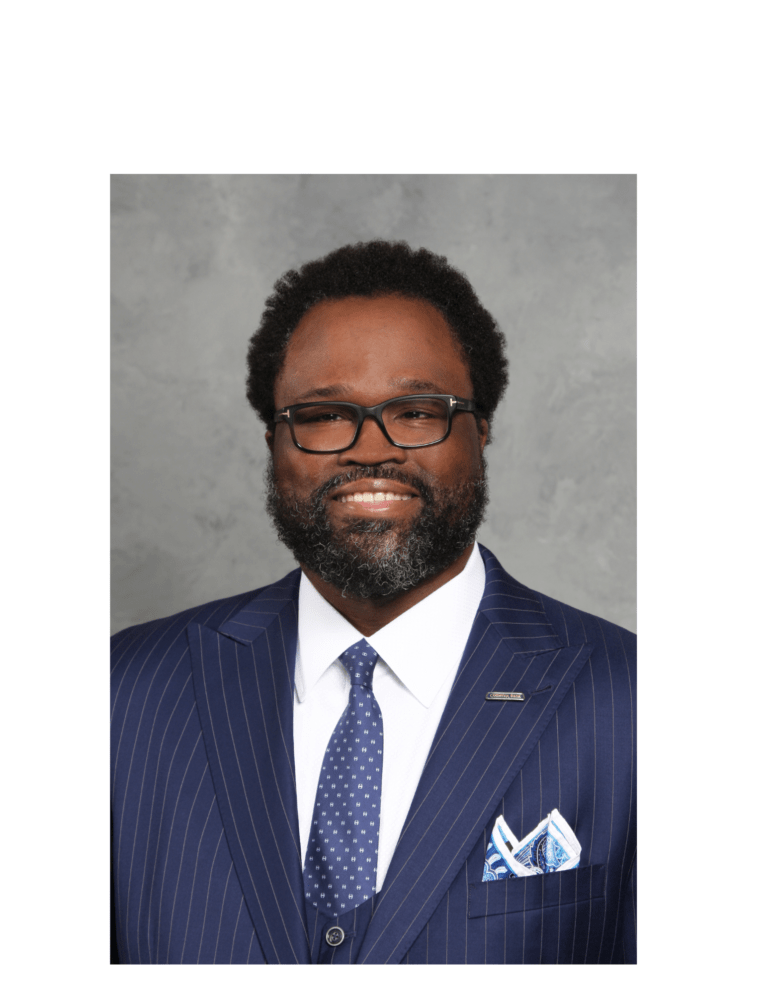By: d-mars.com
News Provider
There are several myths and misconceptions surrounding 401(k) plans, which are employer-sponsored retirement savings accounts in the United States. It’s important to clarify these misconceptions to make informed decisions about your retirement planning. Here are some common myths about 401(k) plans:
Myth: I don’t need to start contributing to my 401(k) until I’m older.
Reality: The earlier you start contributing to your 401(k), the more time your investments must grow. Even small contributions in your 20s can have a significant impact on your retirement savings due to the power of compounding.
Myth: My employer’s contributions are all I need for a comfortable retirement.
Reality: While employer contributions are valuable, they are typically not enough to ensure a comfortable retirement. It’s important to contribute your own funds to your 401(k) to supplement your retirement savings.
Myth: I can’t access my 401(k) money until I retire.
Reality: While 401(k) plans are designed for retirement savings, there are circumstances in which you can access the funds before retirement, such as financial hardship, specific medical expenses, or a 401(k) loan. However, early withdrawals often come with penalties and taxes.
Myth: 401(k) investments are risk-free.
Reality: 401(k) plans offer a range of investment options, including stocks, bonds, and mutual funds, which carry varying levels of risk. The returns on your investments can fluctuate, and it’s essential to choose a diversified investment strategy that aligns with your risk tolerance and financial goals.
Myth: It’s too complicated to manage my 401(k) investments.
Reality: Many 401(k) plans offer target-date funds or managed portfolios that automatically adjust your asset allocation as you approach retirement. These options simplify investment management for participants who may not want to make complex investment decisions.
Myth: I can’t contribute to my 401(k) if I have other retirement accounts.
Reality: You can contribute to multiple retirement accounts simultaneously, such as a 401(k) and an Individual Retirement Account (IRA). However, contribution limits may apply, and it’s essential to understand the tax implications of contributing to multiple accounts.
Myth: I should stop contributing to my 401(k) during a market downturn.
Reality: While market volatility can be concerning, it’s generally not advisable to stop contributing to your 401(k) during downturns. In fact, investing consistently over time, including during market fluctuations, can lead to better long-term returns.
Myth: I can’t change my 401(k) investments once I’ve made my choices.
Reality: Most 401(k) plans allow participants to adjust their investment choices periodically. You can re-balance your portfolio, change your asset allocation, or select different investment options based on your changing financial goals and risk tolerance.
It’s crucial to educate yourself about your 401(k) plan, regularly review your investment strategy, and seek advice from a financial advisor if needed to make the most of your retirement savings.







